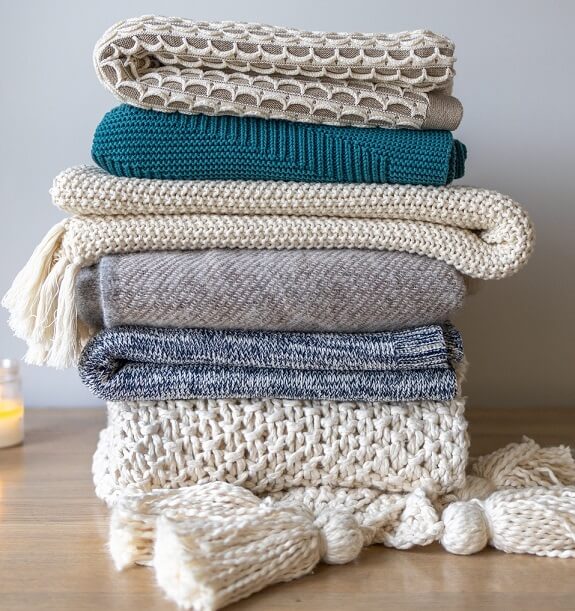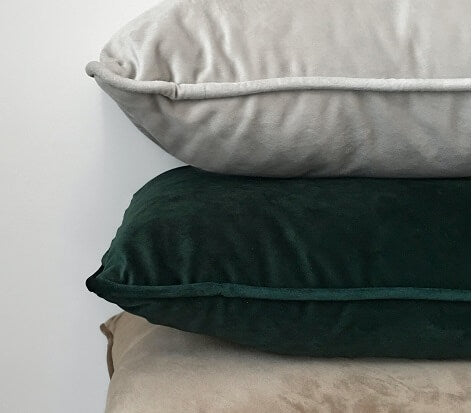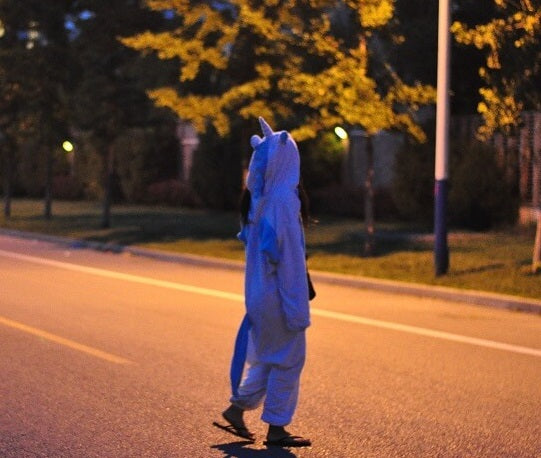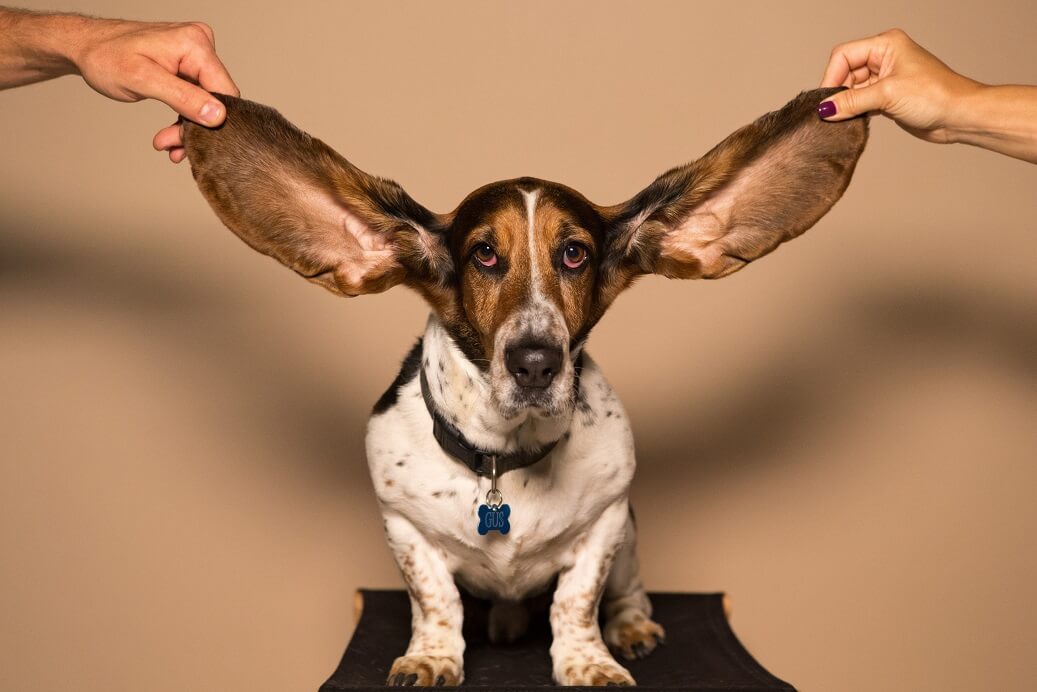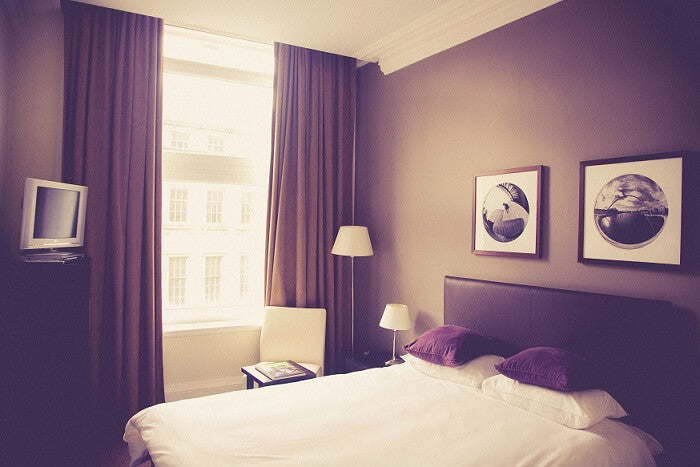When it comes to getting a good night’s sleep, creating a dark environment is key. With many options available, deciding between eye masks and blackout curtains can feel overwhelming. Here, we compare the two to see which is better for sleep: eye masks or blackout curtains, highlighting the benefits each offers for improving sleep quality.
The Importance of a Dark Environment for Sleep

A dark environment is essential for promoting deep, restful sleep. Our bodies are biologically wired to respond to light cues for regulating our sleep-wake cycle, known as the circadian rhythm. When exposed to light, especially blue light from screens or artificial lighting, our brains reduce melatonin production, the sleep hormone responsible for inducing sleep. This can lead to difficulty falling asleep, restless nights, and even long-term sleep disorders.
Using tools like sleep mask, eye masks or blackout curtains helps block out light and shield our eyes from intrusive sources, supporting the natural progression toward a dark sleeping environment. This is especially helpful for people living in urban areas with constant light pollution or those who need to sleep during daylight hours. Reducing light exposure at night helps maintain the delicate balance of our internal clock, leading to more restful and uninterrupted sleep. Achieving complete darkness triggers melatonin production and supports good sleep. Choosing either eye masks or blackout curtains isn’t just about comfort; it’s about aligning with our biological needs for darkness to secure quality sleep.
Eye Masks: The Portable Sleep Solution
Eye masks are a popular choice for sleep enthusiasts who want flexibility and portability in their quest for darkness to improve their sleep quality. Their lightweight design and ease of use make them an essential tool for blocking unwanted lights, such as streetlights or electronic devices, wherever you are. Eye masks create a physical barrier that blocks ambient and artificial light, helping regulate melatonin production and align your body's internal clock. Whether you travel frequently, nap in unusual places, or need to block early morning light at home, an eye mask offers a simple and effective way to improve your sleep.
What makes eye masks stand out is their adaptability to different head sizes and preferences. Many models include adjustable straps and contoured shapes to ensure a snug, comfortable fit. Soft materials like plush, silk, or memory foam enhance comfort, making it easier to wear the mask all night. Some masks also allow air circulation for breathability, which adds to comfort. Adjustable straps prevent slipping during sleep, keeping the mask in place and maintaining darkness, reducing the chance of waking due to light exposure.
Eye masks are also helpful for people who share their sleeping space. If your partner reads or watches TV late at night, an eye mask can help you sleep undisturbed, allowing different sleep schedules to coexist peacefully. Wearing a mask can easily become part of your bedtime routine, helping you to improve your oh so important sleep quality.
Though eye masks have many advantages, some users may find wearing something on their face all night uncomfortable or need time to adjust. Eye masks can also help prevent dry eyes by shielding them from air that might cause dryness, especially in rooms with fans or air conditioning. The effectiveness of light blocking depends on the mask’s quality and how well it fits, as some light might seep in around the edges.
Eye masks offer a unique combination of convenience and portability, making them an essential accessory for modern sleepers on the go. Their benefits include improved sleep quality, comfort, and the ability to create a dark environment in bed. Overall, using an eye mask leads to a better, more restful sleep experience.
Blackout Curtains: The Permanent Fix to Light Pollution
Blackout curtains provide a reliable way to improve sleep quality by preventing light from entering your bedroom. Made from dense, tightly woven or layered fabrics, these curtains effectively prevent external light sources—from streetlamps to early morning sun—from penetrating your windows. When installed, they cover the entire window, creating a dark sleeping environment throughout the room. This makes blackout curtains especially useful for people living in areas with heavy light pollution or those who need to sleep during the day, such as night owls.
Installing blackout curtains turns your sleeping space into a calm, pitch-dark oasis that supports deep, uninterrupted sleep. Unlike portable solutions, blackout curtains require installation, making them a more permanent fixture. Besides blocking out light, they also help temperature regulation by insulating your room, keeping it cooler in summer and warmer in winter. They can reduce noise pollution from outside as well, enhancing your sleep environment further.
For families, blackout curtains can be invaluable in helping children maintain sleep schedules during long daylight hours. They also benefit light-sensitive sleepers or those with conditions like migraines, where light exposure can trigger symptoms. Being enveloped in total darkness is sure to make you fall asleep faster.
Though installing blackout curtains requires more effort and initial investment compared to other options, their durability and effectiveness make them a long-term solution many appreciate. Beyond blocking out light, blackout curtains contribute to temperature control, noise reduction, and overall comfort. To put it simply, blackout curtains work!
With a variety of colors and patterns available, you can find curtains that match your bedroom décor, combining practicality with style. Ultimately, blackout curtains help create the ideal environment for a better night's sleep, especially for night owls and anyone seeking restorative rest.
White Noise: The Right Sleep Aid
For many, blocking out light isn’t enough to achieve truly restorative sleep; minimizing disruptive sounds is also important. White noise—a consistent, unobtrusive sound containing all audible frequencies at equal intensity—can mask sudden noises like traffic (if you live on a busy street), or noisy neighbors, and is a very useful sleep aid.
Using white noise alongside sleep masks and blackout curtains creates a sleep environment that is both dark and quiet, making it easier to cut off the outside world and fall asleep and stay asleep. If unpredictable noises disturb your rest or light blocking alone isn’t sufficient, white noise can be a powerful addition. It provides a steady background sound that helps your mind and body relax into deeper, more restorative sleep cycles.
Adding white noise is simple. You can use a white noise machine, a fan, or a smartphone app. Combining these sounds with the darkness from high quality blackout curtains or a comfortable sleep mask can significantly boost your overall sleep quality and well-being. Whether you're sensitive to every creak or just want more restful sleep, white noise helps block distractions and supports a good night's rest.
By combining the benefits of sleep masks, blackout curtains, and white noise, you can create a peaceful environment that blocks light and sound, helping you wake up refreshed and ready for the day.
Eye Masks vs. Blackout Curtains: The Pros and Cons to Good Sleep
Eye masks and blackout curtains both aim to improve sleep by reducing light exposure but cater to different needs and preferences. Personal comfort, lifestyle, and light sensitivity all influence the choice between them. Eye masks are prized for their mobility and affordability, making them practical for travelers or people with changing sleep environments. They provide consistent darkness wherever you go. However, some may find wearing a mask all night uncomfortable, and light leakage around the edges can be an issue for sensitive sleepers.
Blackout curtains create a comprehensive dark environment for an entire room, providing a permanent and reliable way to effectively block out light in your bedroom. They also help with energy efficiency by insulating windows. The upfront cost and installation can be drawbacks, and they are fixed to one location, which may not suit people who move often or rent.
Each option has unique benefits and limitations, so choosing the right sleep aid depends on your individual circumstances and preferences. The best choice aligns with your specific needs, sleep patterns, and environment.
Personal Preferences: What to Consider Before Making Your Choice
When trying to decide between sleep mask vs blackout curtains, consider your usual sleeping environment. Are you disturbed mainly by outdoor light pollution or early sunlight? What is your personal preference? This will guide you toward blackout curtains for total room darkness or an eye mask for targeted light blocking.
Think about your lifestyle. If you travel frequently or sleep in different places, the portability of an eye mask might be more useful. If you want a solution for your entire household and stay in one place, blackout curtains may be better.
Budget is also important when deciding on a specific sleep aid. Eye masks usually have a lower upfront cost, but prices vary depending on materials and features. Blackout curtains require a higher initial investment but can reduce energy bills and last longer.
Personal comfort matters too. If wearing something on your face overnight is unappealing or causes irritation, blackout curtains are likely a better fit. Conversely, if you feel claustrophobic in complete darkness, an eye mask that allows some ambient light might be preferable.
Conclusion: Making the Best Decision for Your Sleep
Choosing between eye masks and blackout curtains depends on your unique sleep needs and lifestyle. Both help improve sleep by blocking out light, but they serve different purposes. Consider your sleep environment, habits, budget, and comfort with wearing an eye mask or installing curtains. The goal is to create a sleep-friendly space that suits you. Whether you prefer the convenience and portability of an eye mask or the consistent darkness of blackout curtains, picking the right option will help you enjoy a good night's sleep, night after night.

